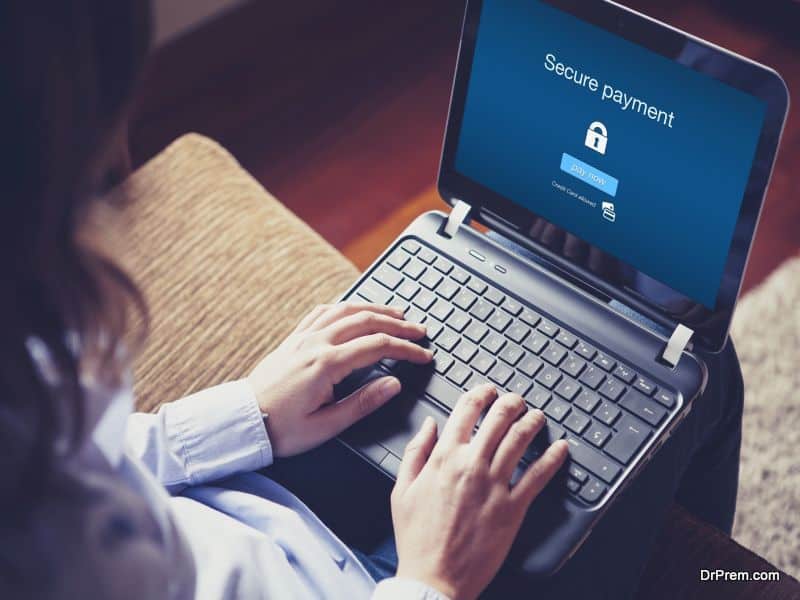Zero day vulnerabilities have been around for a long time. Sadly, not many people knew about them until recently. A zero-day vulnerability is basically an exploit in a software or any other computer program that has been discovered and is utilized by hackers to steal vital information from computers around the world using the software or program.
In many cases, these security issues are discovered and rectified by the developers or white hat hackers before the product is launched. However, a zero-day vulnerability means that a security issue is already being utilized by a hacker and will continue to be so until the developer rectifies it and rolls out an update to the program.
So where does that leave you? How can you ensure that your system and the information in it remain safe from the hands of hackers until the updates with the upped security come by? Here are some ways how.
Configure Firewalls Wisely
A firewall installed in your computer can help prevent zero day threats from encroaching on your information. You can ensure your firewall works perfectly to curb these threats by configuring it for necessary transactions alone.
Keep the Software and Firmware up to date
It is essential that you keep the security features up to date on your computer. This includes all software as well as the hardware and firmware as well, including phones, computers, routers and webcams, etc. Keep changing the passwords to these devices on a regular basis to avoid intrusion at all costs.
Install a good Host Intrusion Protection System
Every anti-virus program comes with HIPS, albeit in different configurations. While many HIPS identify and try to rectify threats that are already in the system, for a zero day threat, it is imperative that you choose a HIPS that can detect a threat before it can enter your computer.
Limit the number of software
The risk of a zero day threat increases with more software. So run only essential applications and keep your system safe.
Choose different credentials for different sites
Using the same login credentials on multiple websites increases your chances of being targeted by hackers. If your information is leaked out from one site, chances are the hackers will use the same credentials to login into various other sites you visit and steal vital information. So ensure to create a different login credential for each company or site you enroll with and have them stored in a hard copy like a paper or notebook instead of in the computer itself.
Choose companies that learn from their mistakes
When enrolling online with a company, try to do some research on it to find out whether it has been hacked before. Try to find out if the company had learned from its mistakes and upped its security measures. If the company continues to follow the same security protocols in spite of being hacked into several times, it is best you stay away from them.
Keep abreast of technology news
Make it a point to read the technology news on a daily basis to note announcements about such zero day vulnerabilities. Also scour through the security advisors of companies to check for any vulnerabilities as well as ways to stay safe from them until the issue gets resolved.
Be wary of suspicious emails
You may think that all junk mail will automatically land in the spam folder. But what happens when you see a mail from a known friend promising something interesting on opening the mail? Chances are your friend’s email has been hacked and is being used to send malicious emails. So be wary of suspicious emails and refrain from opening them at all costs.
A zero day vulnerability places you at great risk of being targeted by hackers. Make sure you follow appropriate safety and security measures to keep your computer as well as your personal information safe from zero day vulnerability attacks.










